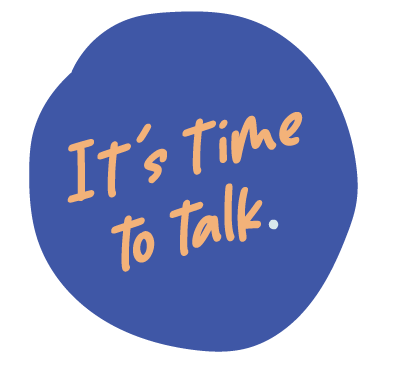Healthy LGBTQI+ relationships
Ways to build a healthier relationship
Many factors that contribute to a healthy relationship in heterosexual couples or cis-gendered people are the same for LGBTQI+ relationships:
Communicate with each other
Respect each other's boundaries
Give each other space to hang out with friends and family
Respect each other's financial autonomy
Make sure you and your partner are tested for STI's and take any other precautions you need
Other factors have particular significance for LGBTQI+ relationships. A supportive partner in a LGBTQI+ relationship is one who:
Respect your chosen gender pronouns or name
Never threatens to out you to people
Never tells you you’re not a real lesbian, gay man, trans person or however you identify
Adapted from the Love is Respect website
Click here to see ACON’s Let’s Celebrate videos of people talking about their relationships in the queer community
For more information about violence in LGBTQI+ relationships and what to do about it, see:
Seeking Help
Just like heterosexual relationships, some LGBTQI+ relationships can be abusive. Reporting abuse to police, health services or support services can be difficult.
People in the LGBTQI+ community may have had negative experiences with the police or courts in the past, due to homophobia or misconceptions. Police may not have taken abuse seriously due to their beliefs that men hitting each other is normal or that women aren’t violent. Some people may not be ready to reveal how they identify and so don’t report abuse they are experiencing. People in the LGBTQI+ community may also lack support from their friends and family due to prejudice against their sexual orientation or gender.
Services available for support:
Tel: 0466 724 979
Counselling, information and support services to help people live healthy, well-adjusted lives within the lesbian, gay and related communities
Tel: 1800 063 060
Services supporting young same-sex attracted and gender variant people
Tel: 1800 069 115
Recognising what is and isn’t a healthy relationship can help you improve your partnership or know when to leave before it’s too late. To recognise an abusive relationship, see the Domestic violence tab of this website.









